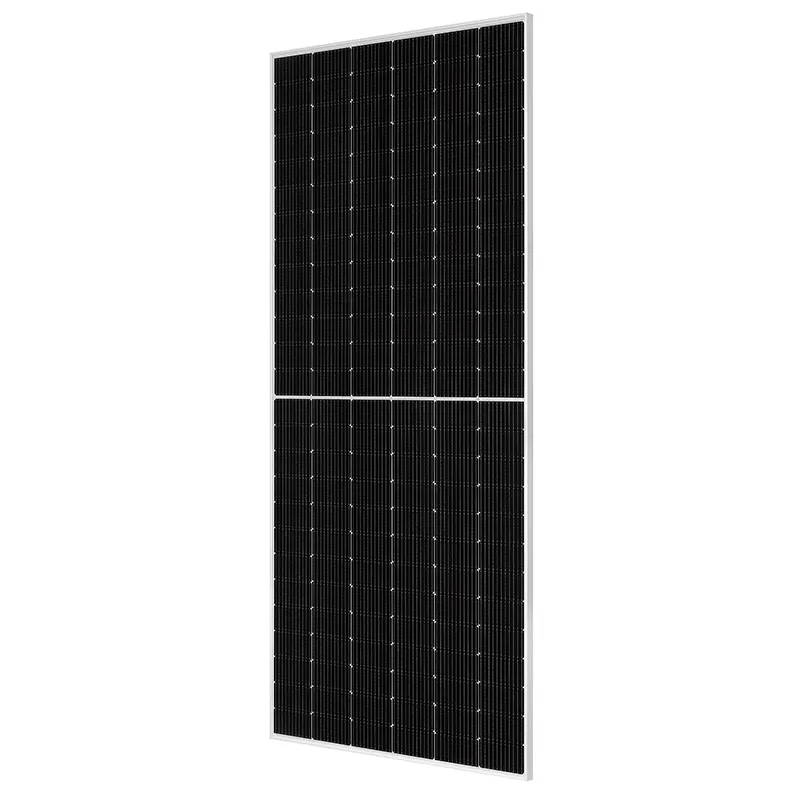Exploring the Benefits and Efficiency of PV Inverter Technology for Solar Systems
Exploring the Benefits and Importance of PV Inverters in Solar Energy Systems
The growing emphasis on renewable energy solutions has brought photovoltaic (PV) technology to the forefront of the global energy conversation. Central to this technology is the PV inverter, a crucial component that plays a significant role in enabling solar energy systems to function efficiently. This article delves into the importance of PV inverters, their operation, and the benefits they offer to both consumers and the environment.
What is a PV Inverter?
A photovoltaic inverter, often referred to as a solar inverter, is an electronic device that converts the direct current (DC) generated by solar panels into alternating current (AC). Since most household appliances and the electrical grid operate on AC, the PV inverter serves as the key link between solar energy systems and the electricity that powers our lives. Without inverters, the energy captured by solar panels would remain unusable for most applications.
Types of PV Inverters
There are several types of PV inverters, each designed to serve different application needs
1. String Inverters These are the most common type used in residential solar systems. Multiple solar panels are connected in a series (a string), and the inverter converts the collective DC output into AC. They are cost-effective and easy to install, making them suitable for many homeowners.
2. Microinverters Unlike string inverters, which manage a series of panels, microinverters are attached to each individual solar panel. This allows for better performance optimization, especially in scenarios where shading or different orientations affect certain panels. Microinverters can increase overall energy production and improve system monitoring.
3. Power Optimizers Similar to microinverters, power optimizers are attached to individual panels but work in conjunction with a string inverter. They enhance energy output by mitigating the impact of shading and imbalances within the string, while still benefiting from the cost-effectiveness of a central inverter.
4. Hybrid Inverters These versatile inverters can manage multiple energy sources, such as solar panels and battery storage systems. They are becoming increasingly popular as more homeowners choose to install battery systems to store excess energy for use during periods of low sunlight.
Functionality and Features
Besides converting DC to AC, modern PV inverters are packed with advanced features, including
pv inverter

- Maximum Power Point Tracking (MPPT) This technology optimizes the power output from solar panels by continuously adjusting the electrical load to ensure maximum energy capture, especially during varying weather conditions.
- Monitoring Capabilities Many inverters come with monitoring systems that allow users to track energy production and consumption, performance metrics, and system health through mobile apps or web platforms.
- Grid Interaction In addition to being an energy converter, PV inverters play an essential role in interfacing with the grid. They ensure that the energy fed back into the grid meets regulatory standards for safety and compatibility.
Benefits of PV Inverters
The advantages of PV inverters extend beyond merely converting energy. Here are some key benefits
- Enhanced Energy Efficiency With MPPT and detailed monitoring features, PV inverters help maximize energy harvest, leading to greater efficiency and cost savings for users.
- Environmental Impact By facilitating the use of solar energy, PV inverters contribute to reducing greenhouse gas emissions and dependence on fossil fuels, promoting a cleaner and more sustainable energy future.
- Energy Independence As more consumers install solar panels with PV inverters, they become less reliant on traditional utility providers, allowing for greater energy independence and stability in energy costs.
- Increased Property Value Homes equipped with solar energy systems and inverters often see an increase in property value, making them an attractive investment for homeowners.
Conclusion
In summary, PV inverters are indispensable to the functionality and efficiency of solar energy systems. Their role in converting and optimizing energy, along with their advanced features, highlights their importance in the transition towards a sustainable energy landscape. As the world continues to adopt renewable technologies, the significance of PV inverters will only grow, paving the way for a greener and more energy-efficient future.
-
Unlocking Energy Freedom with the Off Grid Solar InverterNewsJun.06,2025
-
Unlock More Solar Power with a High-Efficiency Bifacial Solar PanelNewsJun.06,2025
-
Power Your Future with High-Efficiency Monocrystalline Solar PanelsNewsJun.06,2025
-
Next-Gen Solar Power Starts with Micro Solar InvertersNewsJun.06,2025
-
Harnessing Peak Efficiency with the On Grid Solar InverterNewsJun.06,2025
-
Discover Unmatched Efficiency with the Latest String Solar InverterNewsJun.06,2025







